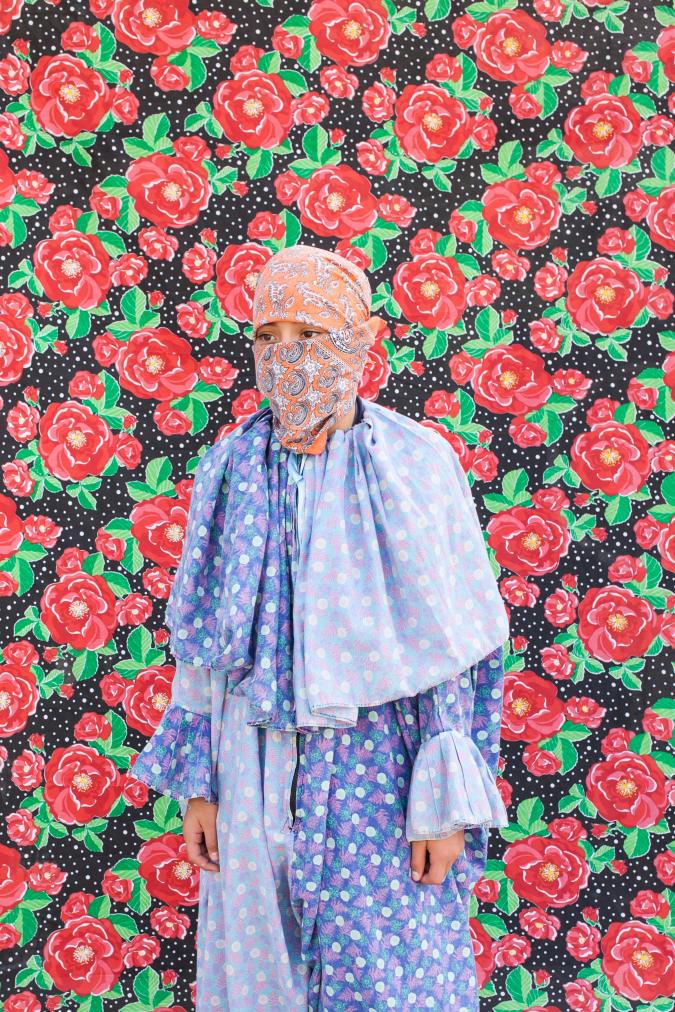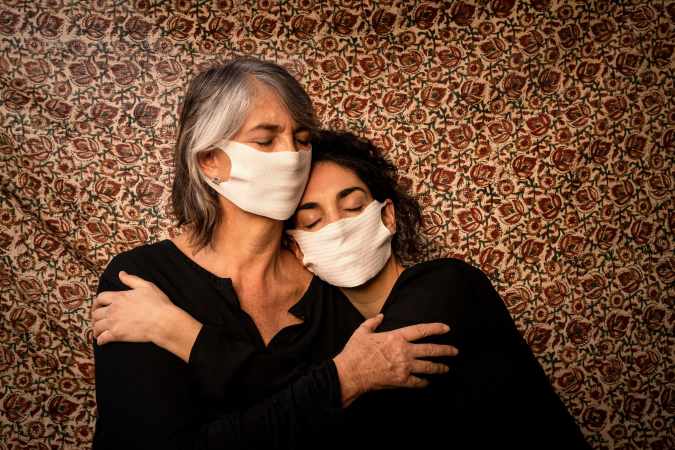The Bronx Documentary Center Unveils Its Third Annual Latin American Foto Festival

Two young girls pose for a photo on the top of a pool, in the neigh- borhood of La Perla in the Old San Juan, Puerto Rico. November 2nd, 2019. “Growing up It was difficult for me to see myself as a young black girl because I was constantly reminded by other kids that black girls were ugly because of the color of their skin. I became extremely shy and my only escape was to to turn away and hide.” © Adriana Parrilla. Courtesy of BDC.
The pandemic has thrown cultural events and institutions into uncertainty, but some arts organizations have been trying to keep up with their regular calendars and offerings—very, very carefully. This week, the Bronx Documentary Center is launching the third edition of its Latin American Foto Festival, an annual event that highlights work from artists across Latin America and the Caribbean. Rather than hold an indoor exhibition, BDC will be taking the photos out to the community and displaying them as large-scale works on banners and in projections throughout the neighborhood.

The show, which opens today, July 23, will run until August 2. Afterward, it’ll move to an online exhibition. This year’s featured photographers span the globe and include artists from Puerto Rico, Colombia, Brazil, Mexico, Venezuela, Chile and Argentina. Many of them have focused on social issues or cultural figures who are often overlooked in society. Luisa Dörr, who is based in Brazil, is showing images that offer a peek into the little-known life of cowgirls on Brazilian rodeos, while the San Juan photographer Adriana Parrilla is exhibiting a variety of photos that examine Afro-Puerto Rican identity and heritage in “Trigueña: Soy Negra.” The photographer Eric Allende chronicles uprisings in Chile, while Luján Agusti has interrogated colonization and history of syncretism in her portraits of Payasos de Coatepec, or clowns from Veracruz.
Other artists include Leo Goldstein, whose images of 1950s Spanish Harlem will be shown on the fence in front of the BDC building, and César Rodríguez, whose black-and-white images of the indigenous community of La Montaña in Guerrero, Mexico, will be shown at the 151st Street community garden. A few projections will bring more images to public view: Adriana Loureiro Fernández, who has explored upheaval in Venezuela, will be projected on BDC’s back patio every night and Jorge Panchoaga’s intimate look at Colombia’s Nasa indigenous communities will be projected on 151st Street and Courtlandt Ave.
In addition to format changes to address COVID-19, the festival will include photographs that speak to the effect the virus is having across Latin American regions. Covid Latam, an 18-person collective of people working in three Latin American countries, will shine a light on how individuals are dealing with the world health crisis.

Much of the festival can be viewed through a safe, socially distanced walk or viewers can wait until it goes up online. Several virtual workshops, panel discussions, and workshops will coincide with the festival. You can find additional information here.

